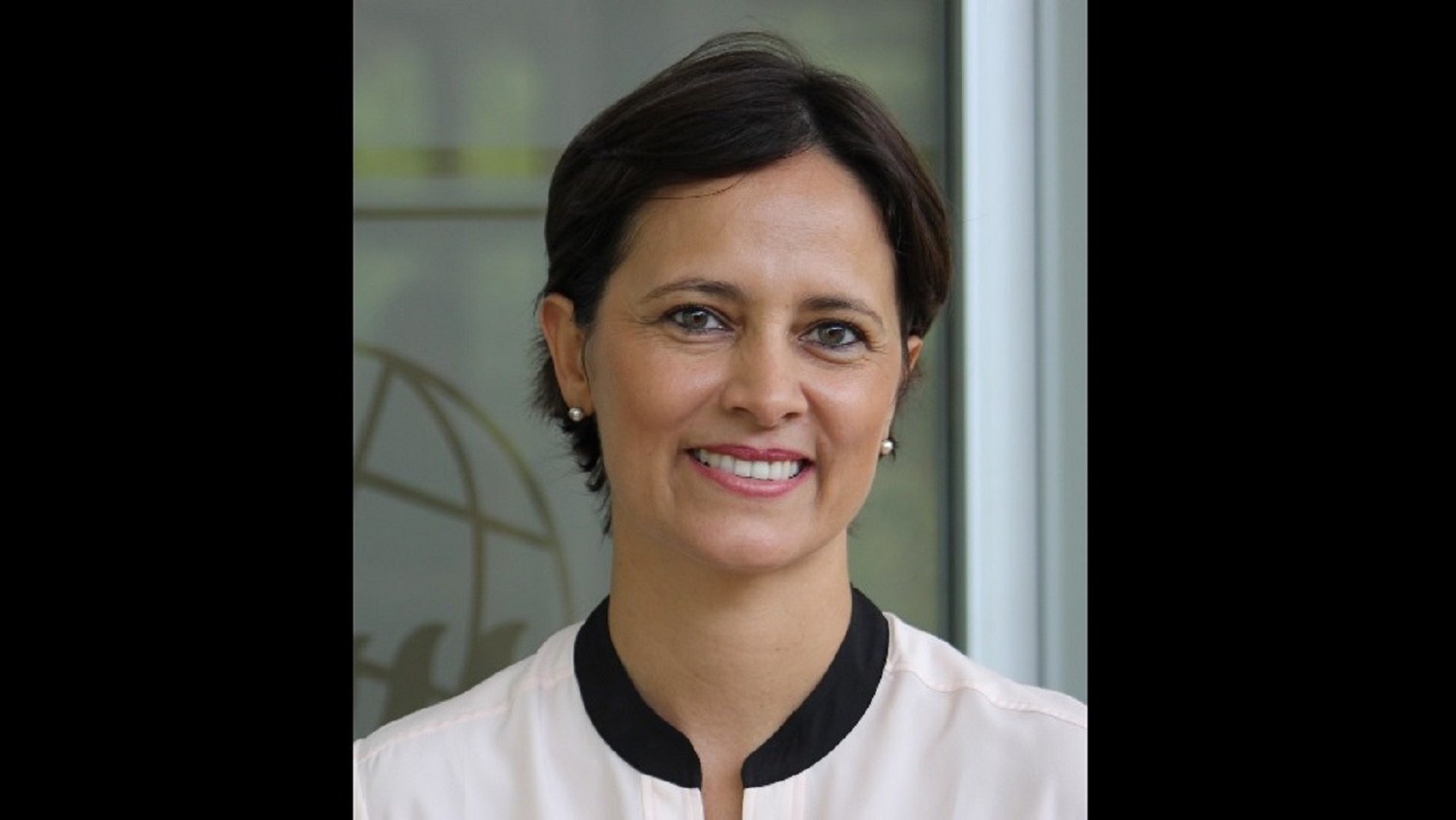"In Conversation with ... Mirian Vilela"
Institute for Sustainable Development and Learning and Leuphana University of Lueneburg and UNESCO Chair in Higher Education for Sustainable Development
Dialogue Event Series: “In Conversation with ...”
Theme: “How can we build collective conscience and action to rise better, resilient and sustainable from COVID-19? Re-generative ESD to make peace with nature?"
On the occasion of International Mother Earth Day on 22 April, ISDL was honored to host Mirian Vilela, Executive Director of The Earth Charter for a conversation on how can we foster collective human agency in building a reciprocal relationship with nature. In the session, we seek to understand how sustainability learning can be taken outside the brick and mortar to initiate the uninitiated. How can the scope of education be broadened to include this reconciliation of relationship between humanity and earth?
Speaker: Mirian Vilela, Executive Director, The Earth Charter and Director of Center for Education for Sustainable Development at University of Peace, Costa Rica.
Moderator: Matthias Barth, Professor, Institute for Sustainable Development and Learning, Leuphana University of Lueneburg | @TDlearning
Key Points from the conversation with Prof. Mirian Vilela
1. Learning does not happen in a controlled way. We as educators must learn to let that go and need to be flexible with the goals we set and the learning experience we are willing to generate. The education system consists of so much planning and “having control”. The vertical education system belongs to the old paradigm which needs to change.
2. Learning about nature can be approached cognitively but also experienced non-scientifically. Amidst our busy lives, we need to try to learn how to pause and reflect, look around and appreciate – that can be done everywhere, even in urban spaces.
3. It is important to think of the impact and the consequences of our choices and whether the choices we are making contribute to the wellbeing of people and the planet. Education needs to invite us to constantly think, be conscious and mindful about the choices we make and the impact they have.
4. Value education is a space to examine our day-to-day life and our decisions. It is about questioning our assumptions, the underlying roots of our worldviews and asking if it is contributing to the wellbeing of the people and the planet. It is not about learning things by heart but about looking at what is bad and what is good from different perspectives and from the perspective of the common good.
5. Embedded in the Earth Charter is a specific vision of cultivating – not imposing – a sense of interdependence and connection with the living world, as well as a sense of responsibility for wellbeing and the common good, and solidarity. The heart of Earth Charter is “ethics of care and respect”.
6. It is important to know that we need a change of mind as well as a change of heart. We need not only to learn from our cognitive selves but also experience things from our inner self. When we are able to experience that and therefore have that kind of new consciousness and deep connection with the world, kindness will be flourishing and radiating from us.
7. The global challenges of the future do not lie in the hands of future generations, but in the hands of everybody; it is a shared responsibility. The more knowledge we have, the more power and responsibility of addressing the common good we have. It depends on the position we have and where we are.
8. We can help learners see the impact of the lack of responsibility and that the consequences are on others as well as on oneself. We must focus upon stimulating the thinking about “What is the impact of not caring and not being responsible?”.
9. Building bridges better with those who do not see the world through the same lenses is a key challenge. It is important to look at the ones who are not collaborating in sharing the vision of changing the direction of our world. Changing how one communicates with them in a way that it does not hit against walls can only happen through deep dialogue.
10. Educators, school principals, administrators and students should be engaged and involved in creating a culture within the school that is caring, respectful, mindful, and sensitive towards social issues jointly. That requires an ongoing effort because school is never detached from its environment. Schools need to envision their role more as facilitators rather than only producing knowledge.
Mirian Vilela
 ©Mirian Vilela
©Mirian Vilela

